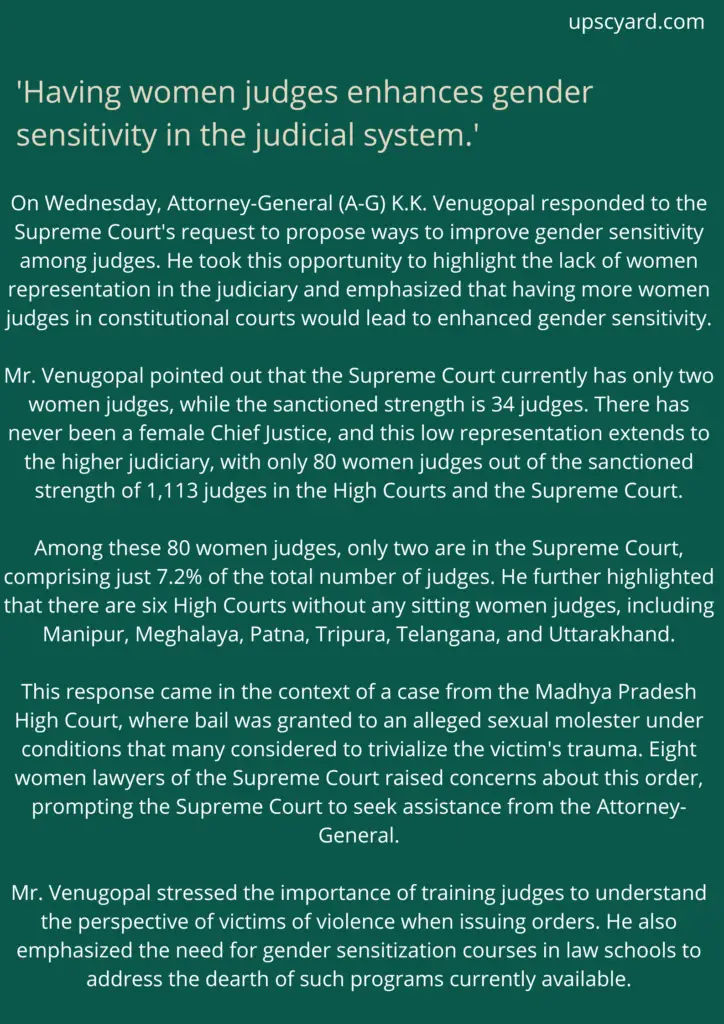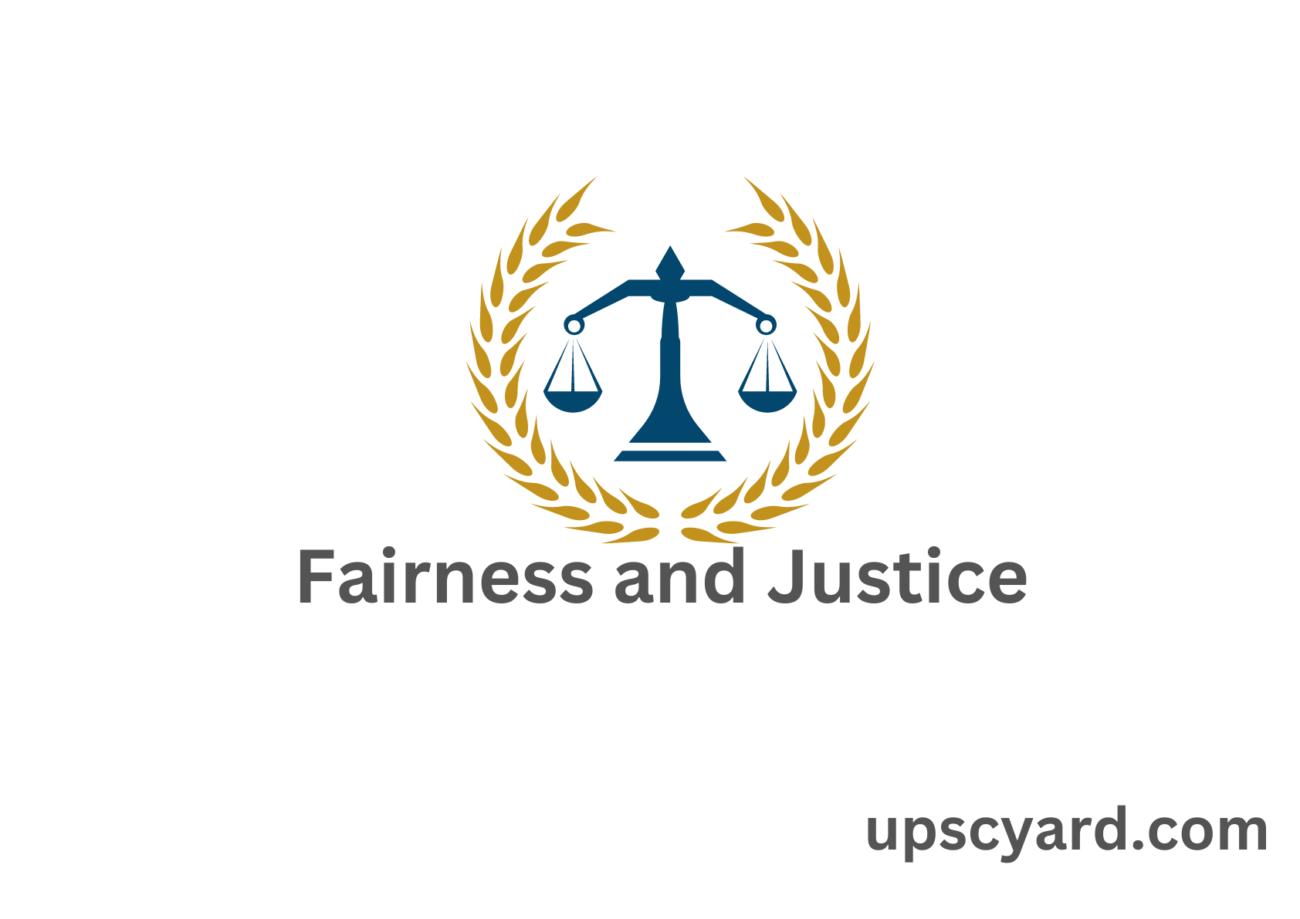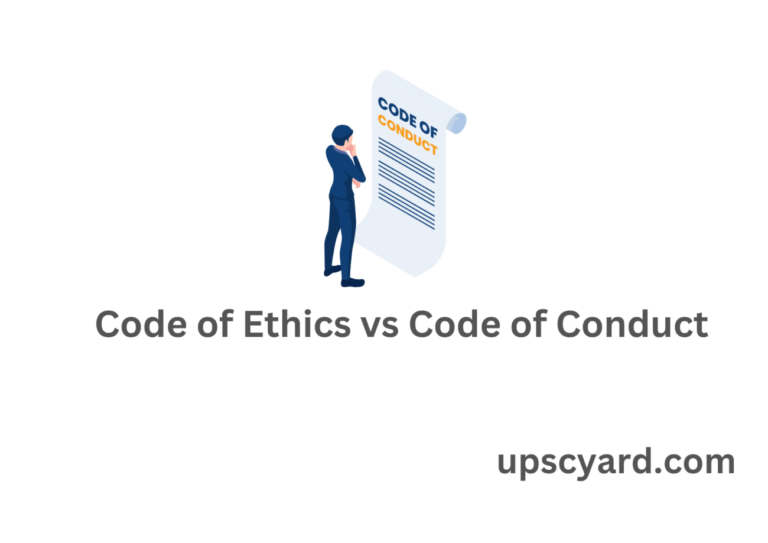Fairness involves treating individuals impartially based on reasonable criteria, ensuring they receive what they deserve. Justice encompasses broader moral principles for equitable treatment and the fair distribution of resources, striving to create a just and equal society.
- Public policy frequently addresses issues of fairness and justice.
- Justice entails providing each individual with what they deserve or are entitled to.
- The foundational principle of justice is treating equals equally and unequals unequally.
- Various forms of justice exist, such as distributive justice, retributive justice, and compensatory justice.
- Justice plays a vital role in maintaining social stability, interdependence, and equal dignity within a community.
In the Indian context, fairness and justice are significant considerations in various aspects of society, law, and governance
- Social justice initiatives in India address inequalities based on caste, religion, gender, and economic status through affirmative action and welfare programs. For questions concerning reservation, you can make a link to John Rawls’ two principles of justice.
- The legal system strives for fairness and justice through impartial adjudication, but faces challenges like prolonged legal proceedings and unequal access to representation.
- Economic justice focuses on reducing poverty and providing economic opportunities for disadvantaged communities.
- Environmental justice aims to tackle issues like pollution and access to clean water while protecting the rights of affected communities.
- Gender justice aims to ensure equal rights and opportunities for women and address gender-based discrimination and violence. There were 2,17,026 women officers in India’s police as of January 01, 2021, the most recent data available shows. Together, they made up only 10.5 percent of all police officers in the country.
- The criminal justice system seeks to provide fair treatment to individuals accused of crimes but faces challenges related to court delays and treatment of marginalized groups.
- Land and tribal justice efforts work towards safeguarding land rights and promoting justice for indigenous and tribal communities affected by land acquisition and displacement.
Some landmark cases in the Indian context related to social justice, environmental justice, gender justice, and land and tribal justice
Social Justice:
- Indra Sawhney v. Union of India (1992): Also known as the Mandal Commission case, it upheld the implementation of reservations in government jobs for Other Backward Classes (OBCs) to promote social justice and uplift disadvantaged communities.
- Vishaka v. State of Rajasthan (1997): This case established guidelines to prevent sexual harassment of women in the workplace, laying the foundation for gender justice and protection of women’s rights at work.
Environmental Justice:
- M.C. Mehta v. Union of India (1986): The Oleum Gas Leak Case led to the concept of “absolute liability” for industries causing environmental damage with hazardous substances, emphasizing environmental justice and holding industries accountable.
- Subhash Kumar v. State of Bihar (1991): The Supreme Court recognized the right to a clean environment as a fundamental right under Article 21, underlining the importance of environmental justice for citizens.
Gender Justice:
- Shah Bano case (1985): This case addressed the issue of maintenance for Muslim women after divorce, affirming principles of gender justice and equal rights by ruling that Muslim women were entitled to alimony beyond the period of iddat.
- Navtej Singh Johar v. Union of India (2018): The Supreme Court decriminalized consensual same-sex relationships by striking down Section 377 of the Indian Penal Code, a significant step towards LGBTQ+ rights and gender justice.
Excellent point to make in your answer relating to empathy, gender justice and gender discrimination.

Historic judgment by Justice D.Y. Chandrachud granted women Armed Forces officers
Several significant verdicts have strongly criticized sex stereotyping, including the formulation of the Vishaka Guidelines, addressing sexual harassment of women at workplaces. Another historic judgment by Justice D.Y. Chandrachud granted women Armed Forces officers equal access to Permanent Commission, debunking the notion that women were physically weaker than men.
Justice Chandrachud, in the case of Permanent Commission for women officers, emphasized that women officers in the Indian Army have shown exceptional dedication and service to the nation, discrediting any doubts cast on their abilities based on gender. Such doubts not only undermine their dignity as women but also demean the dignity of all members of the Indian Army, who serve as equal citizens in a common mission.
Additionally, the Supreme Court, in the Anuj Garg case, strongly rejected the notion of “romantic paternalism” that restricted women and confined them rather than empowering them to reach their full potential.
Land and Tribal Justice:
- Samatha v. State of Andhra Pradesh (1997): This case upheld the constitutional validity of the Samatha Judgment, aiming to prevent the alienation of tribal land to non-tribals and protect the rights of Scheduled Tribes over their land.
- Niyamgiri Hills case (2013): The Supreme Court ruled in favor of the indigenous Dongria Kondh and Kutia Kondh tribes, protecting their land and tribal justice by preventing a proposed mining project in Odisha’s Niyamgiri Hills.
These landmark cases have played a significant role in shaping social, environmental, gender, and tribal justice in India, setting crucial legal precedents for future decisions and policies.
Measures that have been taken in the Indian context to improve social justice, environmental justice, gender justice, and land and tribal justice
Social Justice:
- Reservation Policies: India has implemented reservation policies in education and government jobs to provide opportunities for historically disadvantaged communities such as Scheduled Castes (SC), Scheduled Tribes (ST), and Other Backward Classes (OBCs) to uplift their socio-economic status.
- Welfare Schemes: Various welfare schemes, such as the Mahatma Gandhi National Rural Employment Guarantee Act (MGNREGA) and the National Social Assistance Programme (NSAP), have been introduced to provide financial and social support to vulnerable sections of society, including the elderly, disabled, and economically weaker sections.
Environmental Justice:
- Environmental Laws and Regulations: India has enacted several environmental laws and regulations to protect the environment, control pollution, and promote sustainable development. These include the Environmental Protection Act, the Water (Prevention and Control of Pollution) Act, and the Air (Prevention and Control of Pollution) Act.
- Green Initiatives: The government has launched various green initiatives, such as the National Solar Mission and the Clean India Mission (Swachh Bharat Abhiyan), to promote renewable energy, waste management, and environmental cleanliness.
Gender Justice:
- Legal Reforms: Significant legal reforms have been made to protect women’s rights and promote gender justice. These include the criminalization of dowry, domestic violence, and workplace harassment, as well as the introduction of stringent laws against rape and sexual offenses.
- Women Empowerment Schemes: The government has introduced schemes like Beti Bachao Beti Padhao (Save the Girl Child, Educate the Girl Child) and Pradhan Mantri Matru Vandana Yojana (Maternity Benefit Program) to promote women’s education, health, and economic empowerment.
Land and Tribal Justice:
- Forest Rights Act (2006): The Forest Rights Act recognizes the rights of forest-dwelling Scheduled Tribes and other traditional forest dwellers over the land they have been occupying, thereby protecting their rights and promoting tribal justice.
- Tribal Development Programs: Various programs and schemes have been launched to address the socio-economic needs of tribal communities, aiming to improve their living conditions, education, healthcare, and livelihood opportunities.
These measures reflect ongoing efforts by the Indian government and civil society to address historical injustices, protect the environment, ensure gender equality, and safeguard the rights of marginalized communities. However, challenges persist, and continuous action is required to achieve meaningful and sustainable progress in these areas.




